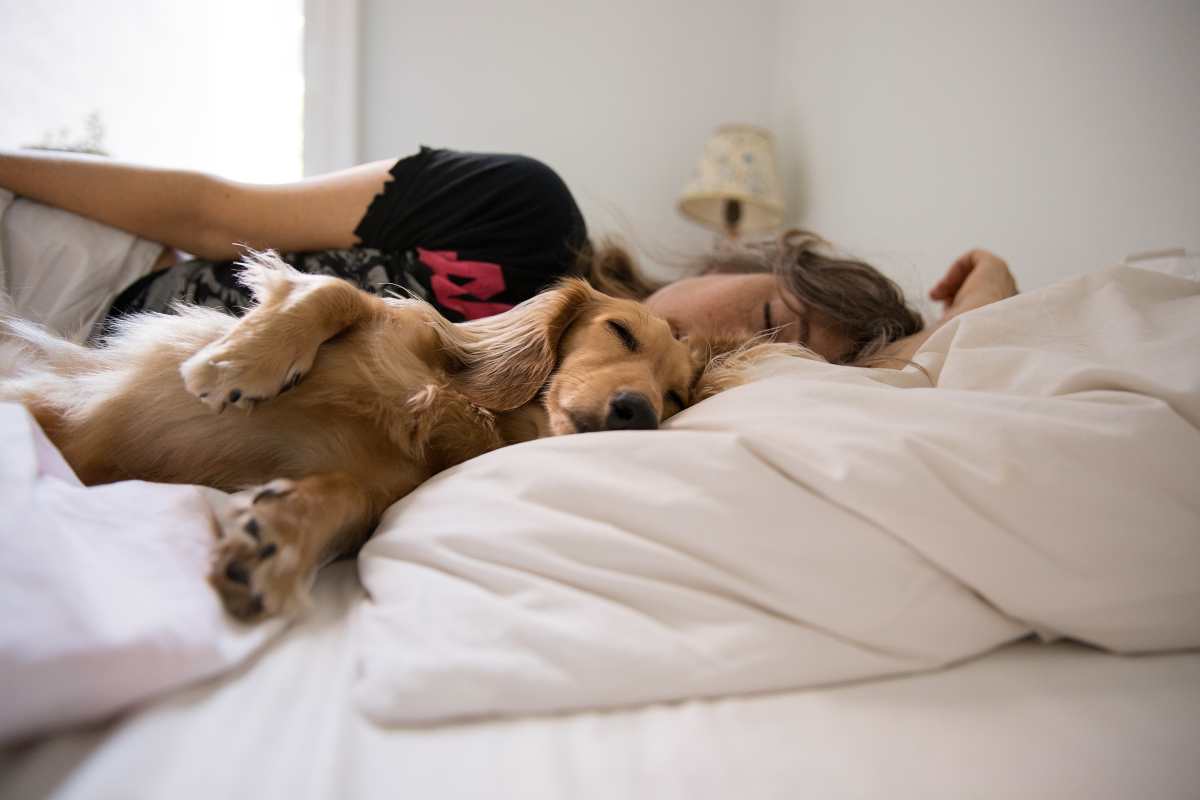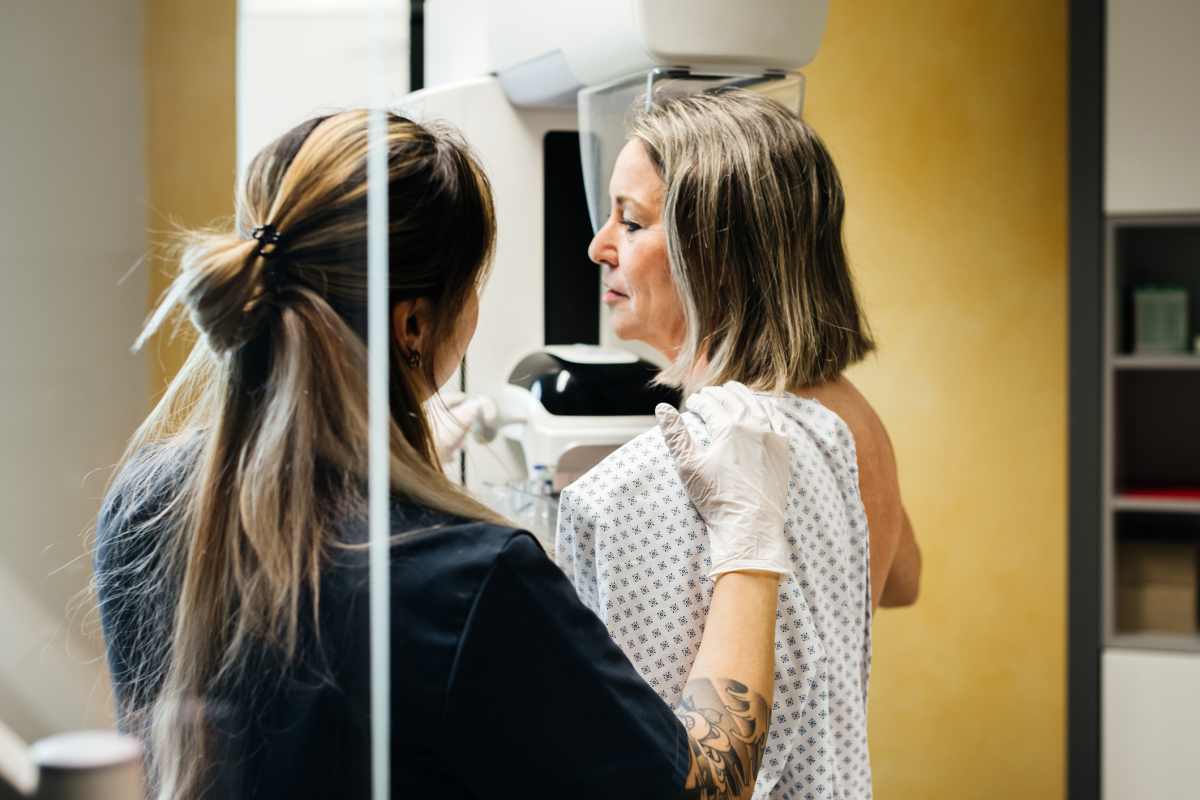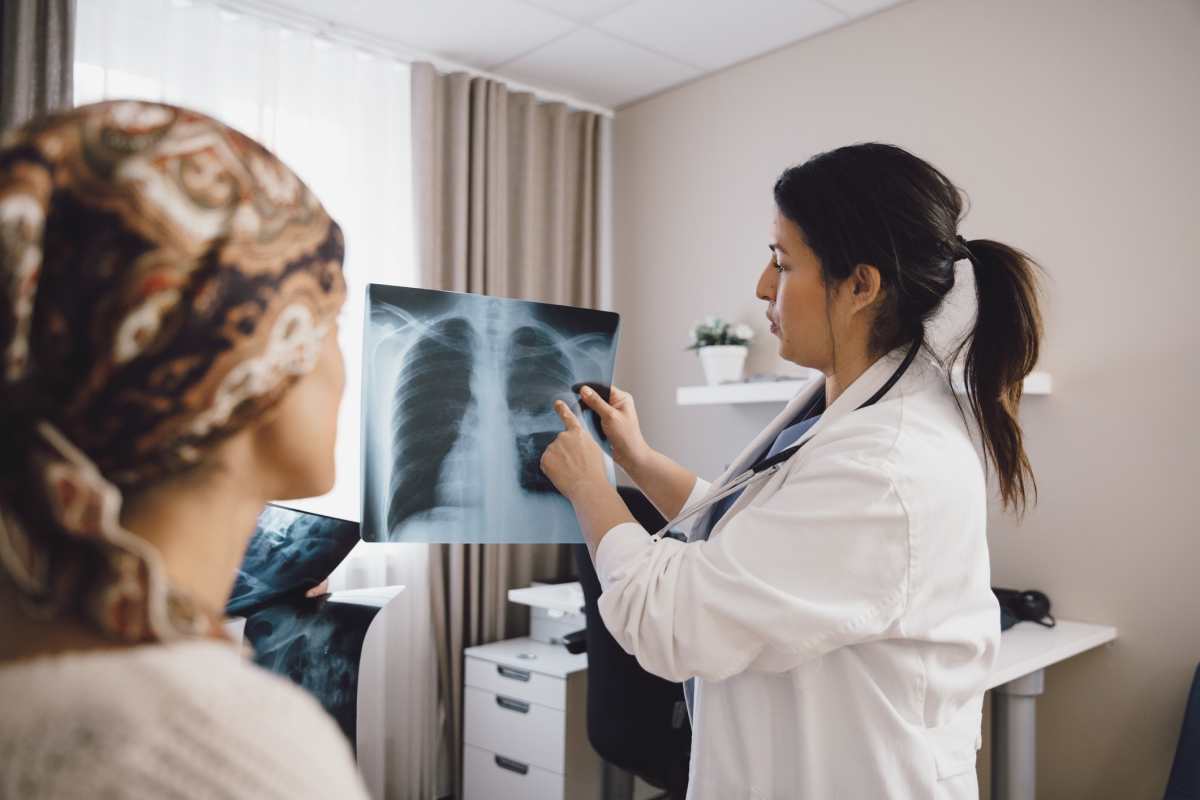Pet dog accidentally scratched her owner’s breast during morning cuddles — the doctors later said it saved her life

Sometimes, life throws us a curveball, and help comes from the most unexpected places. For Jill Johnson, that help came on four legs with a wagging tail. What started as ordinary morning cuddles with her dog turned into something far more serious and life-saving. When her beloved canine accidentally pawed at her breast, resulting in a bruise, Johnson didn't think following up on it would lead to a concerning medical discovery.

As reported by ABC 13 News, Johnson, then 63, believed it was her Dachshund-Hound mix Daisy who discovered her breast cancer. “In the morning, in the bed, when she was cuddling with me — pawing at me — it didn't click until she left a bruise,” Johnson told the outlet. That bruise led her to check her breast, where she felt a lump. Unsure but cautious, she went to her doctor. At first, they suspected the lump might have been caused by the trauma, but a mammogram was recommended just to be safe. Additional tests followed, and soon after came the diagnosis, which revealed stage I ductal carcinoma (a type of breast cancer in milk ducts).

Johnson had no family history of breast cancer and tested negative for the BRCA gene, per Hendersonville Lightning. She underwent a lumpectomy performed by Dr. Jennifer McAlister, a breast surgeon at Pardee UNC Health Care. “Dr. McAlister is simply amazing,” Johnson shared. “She spent more than an hour with me explaining everything – it was like a cancer 101 class." The surgery went smoothly, with minimal discomfort. “I didn’t need to take an Advil or anything,” she added. Recovery was fast, and Johnson was home just four hours after surgery. She began radiation a month later, five days a week for four weeks, with very few side effects.

What made Johnson’s journey even more remarkable was how she continued living her life throughout treatment. A massage therapist by profession, she took only a week off after surgery and stayed active with regular walks and exercise. “They told me if I stayed active, that’s the best way to combat fatigue,” she said. Johnson received her final radiation treatment on August 26, 2019, and she shared that she felt absolutely well and amazing.
“I’m definitely grateful to her,” Johnson then said of her beloved pet dog. “Woman’s best friend.” Dr. McAlister agreed, adding, “Early detection is the key, whether it’s mammogram or animals finding it.” She further stated, "Dogs are very intuitive to our bodies and to different smells. You have to wonder if Daisy detected a different scent in that area of Jill's body."
Dogs are indeed known for their strong sense of smell, which can often help detect medical conditions. According to the National Library of Medicine, they can find drugs, explosives, and even signs of illness like COVID-19, making them useful in both science and public safety. Their noses can pick up tiny chemical changes in the human body caused by cancer, infections, or changes in blood sugar levels. This allows them to alert humans early, sometimes before any symptoms are felt, and even track moving scent targets in crowded or outdoor spaces.